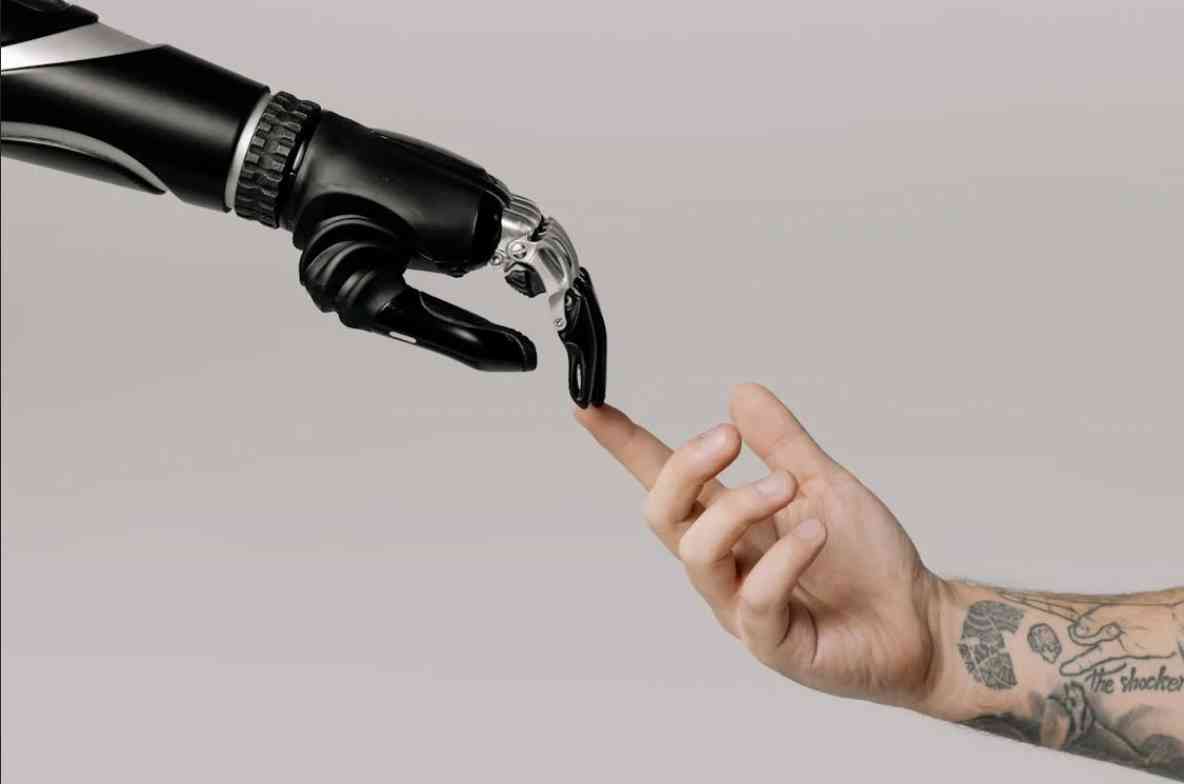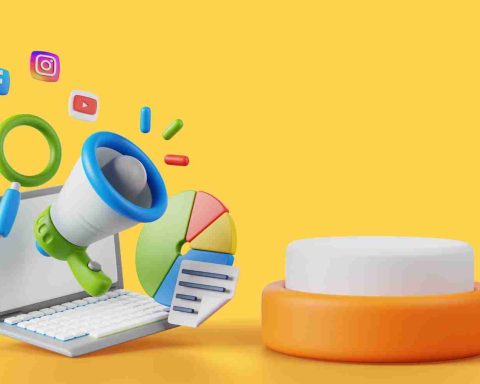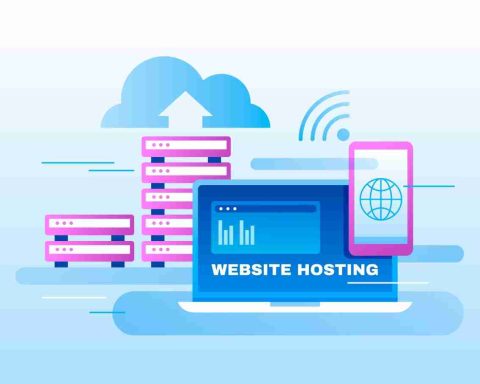Artificial intelligence (AI) is a technological marvel that can change how various industries function. The AI market size was USD 207 billion in 2023. That alone should prove the popularity and demand for this technology.
Various enterprises are now adapting and applying AI use cases in their daily operations. As a result, they’ve received improved data collection and have successfully streamlined processes. Companies also reduced expenses and used predictive analysis to boost business.
AI can employ intelligent strategies and have human-like problem-solving abilities. The best part? It can easily automate repetitive tasks. Therefore, AI’s capabilities have attracted numerous industries to the mix.
In this blog, we’ll list three industries likely to adopt AI technology soon.
#1. Customer Experience and Service
Generative AI and Natural Language Processing (NLP) are slowly changing the customer service industry. Both of these can enhance the customer experience by offering personalized services.
For example, customers thrive on the type of content they read and the business-ready websites they visit. Hence, many marketers have used AI website builders to create content and web pages.
According to Hocoos, AI-powered website builders offer a hassle-free and cheaper way to build websites and generate content. Marketers can get their hands on personalized web pages within a few seconds.
AI website builders and content generation tools can exponentially enhance the customer experience. This technology can boost brand recognition by improving SEO rankings and building everlasting impressions.
In some cases, predictive analysis can also boost the customer experience. A great example would be Netflix’s recommendation algorithm. The app will dynamically learn from the viewer’s watching behavior and showcase personalized content.
On the other hand, NLPs can transform how businesses offer customer service. This algorithm can collect customer data to solve issues efficiently. Chatbots are a great example of this.
For instance, a customer can land on your AI-generated website with queries about your services. Integrating an active chatbot can help resolve those issues quickly without the need for customer service representatives.
Moreover, NLPs don’t provide predefined or static responses. Instead, they learn from each interaction and adapt the algorithm to offer better customer service.
#2. Healthcare
Healthcare is a data-rich sector. For many years, this industry focused on collecting relevant and accurate patient data to offer the best care possible. Therefore, AI adoption in healthcare might look promising. Statistics suggest that the use of AI in healthcare will generate USD 148.40 billion by 2029.
IBM states that this technology can help enhance administrative workflow and reduce dosage errors in the healthcare industry. Moreover, AI can be used to offer personalized treatment. The technology can gather patient data based on unique lifestyle factors and specific genetics to develop customized treatment plans. It can also predict a patient’s future disease risks.
Other than that, the sector can use AI for medical imaging analysis. For instance, some doctors might make mistakes in reading or reporting medical imaging data. However, AI cannot make any errors. This technology can accurately analyze CT scans or X-rays to help diagnose or detect diseases, issues, etc.
With it, many doctors and nurses can offer virtual care to patients who are extremely sick. For example, AI in telemedicine can enable continuous and robust patient monitoring without any physical contact.
#3. Defense
Most AI-based operations in the defense and military sectors are being heavily regulated. In 2023, Reuters reported that the American government issued a ‘responsible use’ declaration for AI in military operations. For instance, ethical considerations must be made before any advancements in autonomous weapon development.
Even then, AI in the military is supposed to reach USD 24.7 billion by 2032. That’s because the defense industry has already started implementing AI on a large scale. This technology can automate complex jobs and eliminate human errors.
Unfortunately, the sector cannot afford to replace human oversight. For example, manual input is required while processing data and creating combat simulations.
However, industry leaders believe AI can help with strategic decision-making by creating robust warfare systems. It can also help the military process data, perform research, and monitor threats.
AI can help with video or image recognition during surveillance operations. The defense industry can implement AI in the existing database for facial and biometric scans. Based on that, the technology can identify citizens using facial recognition algorithms.
In conclusion, AI use cases have become more prominent in recent years. This revolutionary technology can transform various organizational functions. With this, industries can make improvements to their mission-critical operations.
Industries like customer service, defense, and healthcare will soon adopt AI completely. However, they are yet to unlock the full potential of AI. Its current capabilities are only a fraction of what this technology can do.
All of this proves that Gray Scott was correct: There is indeed no reason for the human mind to try and keep up with an AI machine.






